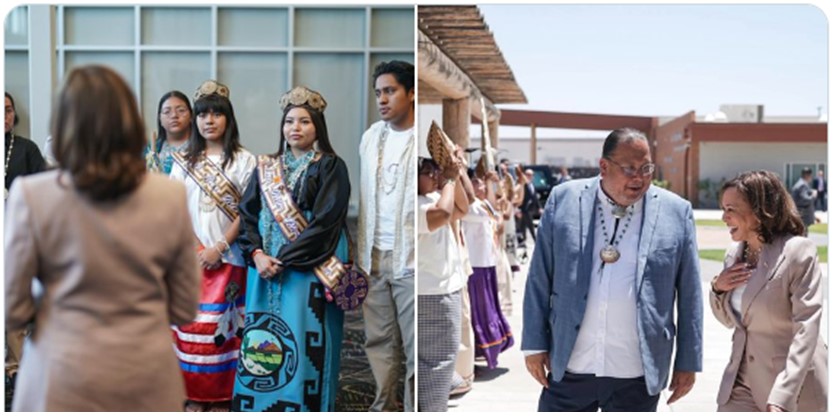Your Opinion Needed: Assessing the Economic Impact of COVID-19 on Indian Country
Native American and Alaska Native tribal governments and enterprises encouraged to participate in new survey
March 10, 2021Tribal nations are now one year into the COVID-19 pandemic. Having real-time data on the economic impacts of COVID-19 in Indian Country is critical to ensure public policy solutions respond to the needs of tribal communities.
Our partner, the Center for Indian Country Development (CICD), continues to assess the evolving economic impact of the COVID-19 pandemic on tribal governments and tribal enterprises, and your feedback is critical. CICD’s fourth COVID-19 pulse survey addresses current and anticipated revenue declines and the impacts on employment and the provision of government services as a result of current or anticipated declines in revenues.
The National Center for American Indian Enterprise Development previously partnered with CICD for a survey on the state of Indian Country businesses. You can view the results of that survey here.
The survey should take no longer than 5 minutes to complete. All responses are anonymous, and only aggregated results will be shared publicly. The deadline to complete the survey is 7:00 p.m. CDT Friday, March 12.
Feel free to share the survey link with tribal government and tribal enterprise leaders in your network.

